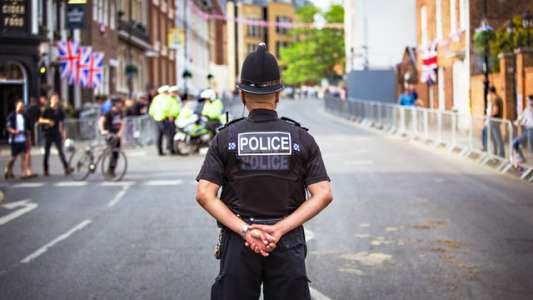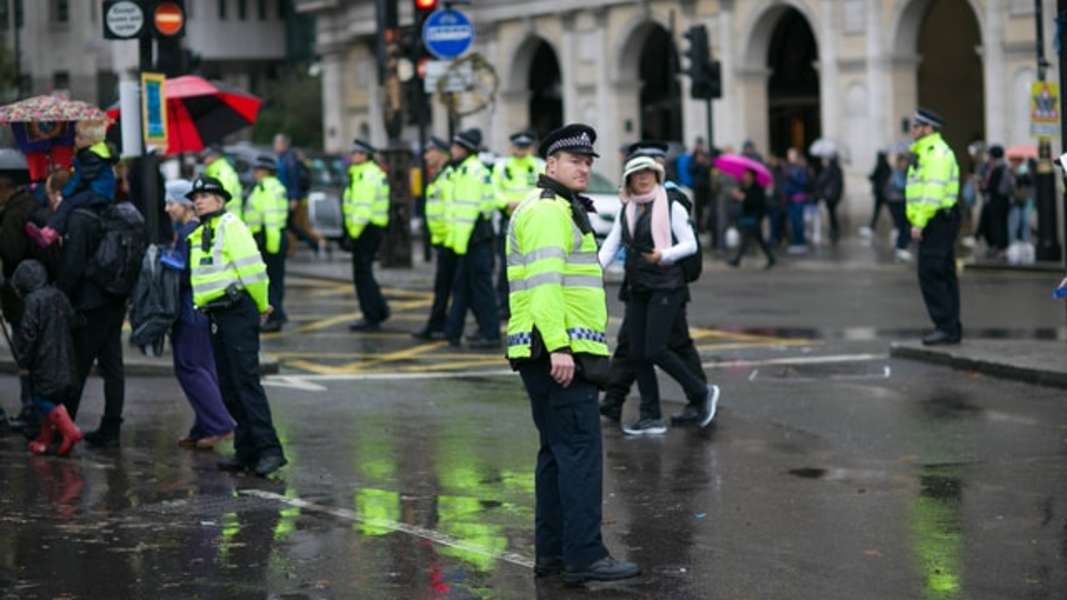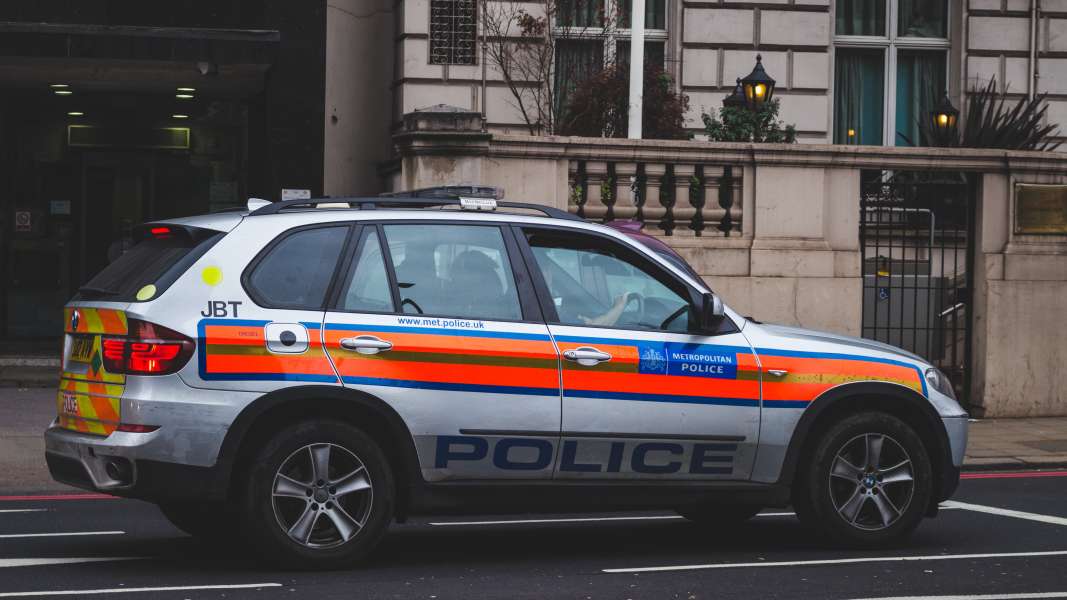What is the Police Situational Judgement Test?
Working for the police service often means that you have to make quick decisions using your best judgement, and the Police Situational Judgement test is designed to assess the way you approach a work-based problem and the steps you would take to solve it.
Police recruitment teams are looking for candidates who adhere to the core competencies of the force, which often include things like:
-
Teamwork
-
Professionalism
-
Service
Applicants who are looking for a role at Thames Valley Police should be able to demonstrate that they are emotionally aware, able to deliver, support, and inspire, and that they are open to innovation. For applicants to join the Metropolitan Police, the core competencies and values include integrity, compassion, and courage.
A successful applicant will be able to make considered, logical, and lawful decisions in stressful situations, representing themselves and the police service in the best way while also solving problems.
How to prepare for the Police Situational Judgement Test?
The Police Situational Judgement Test is a simple to administer assessment that puts candidates into different policing situations to see how they react and what their instincts are when it comes to taking action.
The test itself usually consists of 12 questions, and you have up to two hours to complete it - although most people take about 30 minutes.
Each question is a scenario that you might encounter if you were in the role of a police officer. There will be a detailed description of what is happening, followed by four potential courses of action that you could take to deal with the problem.
In this assessment, you are required to rank the actions as efficient, fairly efficient, inefficient or counterproductive. This is similar to other situational judgement type tests where you are asked to rank the actions on how effective they would be and how likely you are to choose them.
Efficient: this is the best response, and the one that is most likely to be productive or solve the problem. This response should be the one that will have the best outcome for you, the public, and your colleagues.
Fairly Efficient: actions that are fairly efficient will have more of a positive effect than a negative one, but could be improved.
Inefficient: this is a course of action that will not change the situation, either to help or to make it worse. This might include choices that don’t actually take action.
Counterproductive: this is the course of action that will actually worsen the situation, making it more dangerous or with the worst outcome.
Throughout the assessment, the suggested courses of action might not be easy to rank. As an example, you might be provided with possible courses of action that actually couldn’t solve the problem, so you will have to use your intuition to decide how to rank them.
One of the best things you can do before your Police Situational Judgement Test is to prepare. As part of the application process, you will be given some documentation about what the recruitment team are looking for in candidates, and this will give you some idea of the core competencies that you should be focusing on.
Practice tests are also really useful - more on that later.
Jobs available in Police Departments
When we think about joining the police, the immediate roles that we think of are on the front line, as Police Constables. While this day-to-day policing role is the usual starting point in a police officer career, there are other roles that you could consider.
Special Constable: with the same powers as a regular Constable, the Special Constable is a volunteer role.
Police Community Support Officer: this role was created to offer more of a ‘Bobby on the Beat’ presence in towns and cities, and PCSOs are an important part of neighbourhood policing teams focusing on anti-social behaviour, drugs and speeding.
Control Room: staff in the control room monitor police incidents and send officers to deal with reports of crimes and other problems.
SOCO: the forensics and Scene of Crime Officers are the ones who collect and analyse evidence after a crime.
HR and other staff: the police service is not all about officers on the street, and there are plenty of office-based staff roles that are important to the smooth operation of the service. This includes HR, finance and legal staff.
In all of these roles, logical decision-making is crucial to success, and that is why you are likely to face a Police Situational Judgement test for any job you apply for in a UK police force.
FAQs
How to ace a situational judgement test?
The situational judgement test is designed to assess the way you make decisions in the workplace, so the best way to ace the test is to be yourself. It is worth bearing in mind the qualities, values and competencies of the role you have applied for though, as this can help you make the best decisions in the assessment.
Can I take the test multiple times?
You will only be allowed to take the Police Situational Judgement Test once in the recruitment process, and in almost all cases if you do not meet the required standard your application will not be taken any further. There are some cases where you might be allowed to reapply for the role at a later date, in which case you would be expected to retake the situational judgement test.
How are candidates scored on a situational judgement test?
Situational Judgement tests are not scored in the same way as other aptitude assessments - with one mark for each correct answer - because each set of results is compared to an ‘ideal candidate’. This is a set of answers that best demonstrates the personality traits and work behaviours that the recruiter is looking for.
Police Situational Judgement Test Tips
Familiarise yourself with the questions
Situational judgement tests present questions that are based on workplace scenarios, and that is true of the test when it is used to hire someone for the Police service, but also for call centre staff, IT consultants, finance gurus and all sorts of other occupations.
In the Police Situational Judgement test, you will be faced with scenarios that could occur during a normal patrol or through a usual work day. These scenarios are fictional yet realistic, and you are not expected to have any previous knowledge of the role to be able to answer the questions.
You can familiarise yourself with the structure of the Police Situational Judgement test by looking at example questions, where you will see the scenario being described and the four possible courses of action that you need to rank.
You won’t necessarily be able to prepare for the specific questions, but getting a feel for the type of questions you will face will help you make better decisions.
Practice making quick, rational decisions
The Police Situational Judgement test is not timed, but that does not mean you should labour over any of your decisions for too long.
When you are accepted into the police service, you will be expected to make quick decisions that are rational and logical, so work on that skill as you prepare.
Try and think about what the best (and worst) possible outcome could be for a situation and then make a decision fast - you will have to do it on the street every single day.
Stay calm under pressure
Exam conditions are a great example of working under pressure, and that is something that you will have to do if you are successful in your Police Situational Judgement test.
By staying calm when answering the situational judgement questions, you will be able to read and fully understand what the scenario is so you can choose the right course of action to take.
Getting anxious and rushing through could cause you to make silly mistakes, which could mean that you won’t get the job that you have applied for.
Pay attention to details
Some of the scenarios in the Police Situational Judgement test might seem quite simple and straightforward, but pay attention to the details that are given because that could impact the decision that you should make.
For example, if your scenario involves a drunken fight between two individuals then there are several options available to you - but if there is the added detail that one or both of them have weapons, you might want to consider safer courses of action to choose.
Think logically and objectively, not emotionally
Although we are empathic human beings, sometimes making decisions using emotions can cloud our judgement. In the Police Situational Judgement test, be sure that you are thinking objectively and critically while you are considering the way to solve a problem.
Logic and reasoned decision-making should mean that you are dealing with a problem in the most effective and efficient way.
Be prepared to face difficult choices and possible consequences
Policing is not easy, whether you are working on the front line or in a role that is a bit more behind the scenes.
You will need to be prepared to face difficult decisions - in the assessment and in real life - and the consequences that follow them. In the assessment, at least, poor decision-making will only cost you the opportunity to be considered for the role you have applied for.



